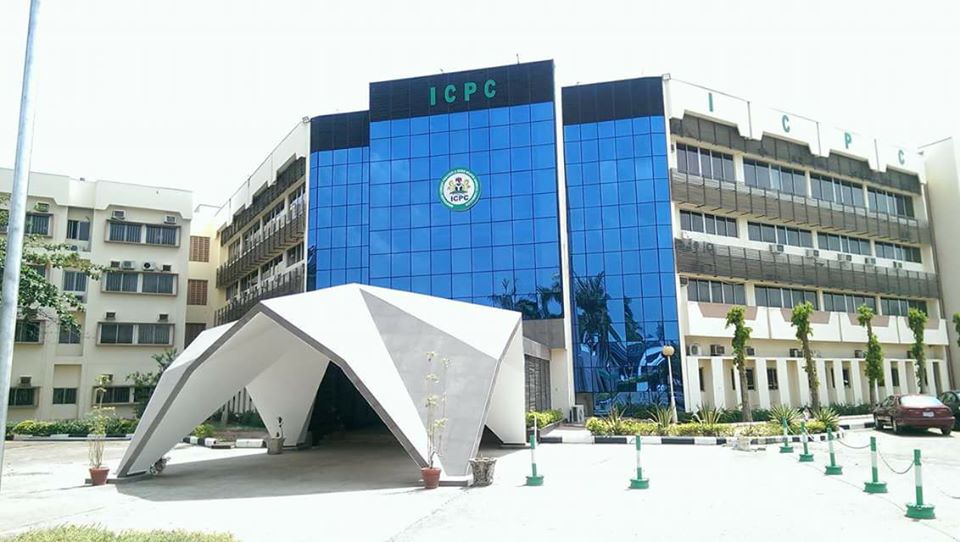The Governor of Gombe State, Alhaji Ibrahim Dankwambo, has commended the Independent Corrupt Practices and Other Related Offences Commission (ICPC) for conducting systems study on Gombe State Board of Internal Revenue (GSBIR) and making recommendations on how it can be better run for transparency and accountability.
Governor Dankwambo made the commendation in Gombe during the formal presentation of the recommendations of the findings of systems study on GSBIR, saying that for a very long time he had not seen such a detailed systems study and review as the one presented by the Commission.
It should be noted that in fulfillment of its preventive function, ICPC recently undertook a systems study on GSBIR. The main thrust of the exercise was to examine the practices, systems and procedures of the board and where such practices or procedures encourage corruption, to direct and supervise a review of them.
The governor therefore assured that from the findings and observations of the systems study, all recommendations would be implemented to strengthen the internal control system of the board.
He said, “I assure you that we will make the best use of this report and in the next couple of weeks put all measures in place.”
He also expressed the desire to engage the Commission further to look at the systems and procedures of other ministries, departments and agencies (MDAs) in his state.
Earlier in his remark, ICPC Chairman, Mr. Ekpo Nta, who was represented by the Commission’s Honourable Member, Alhaji Abdullahi Bako, had said that the systems study and review of GSBIR was conducted using ICPC’s diagnostic tool designed to identify corruption vulnerability in public institutions.
He further stated that the study had made some interesting findings and recommendations for the Gombe State Government to strengthen GSBIR for improved revenue generation, transparency and accountability.
Mr. Nta added that ICPC had already carried out systems study of some other government agencies which recommendations had been implemented by the various MDAs concerned while criminal infractions discovered during the studies were also being investigated and prosecuted as the case may be.
He therefore called on other relevant stakeholders to utilize the opportunities available in ICPC through its systems study and review, corruption risk assessment and corruption training at the Anti-Corruption Academy of Nigeria (ACAN) for the entrenchment of integrity and transparency in their systems of operation.

